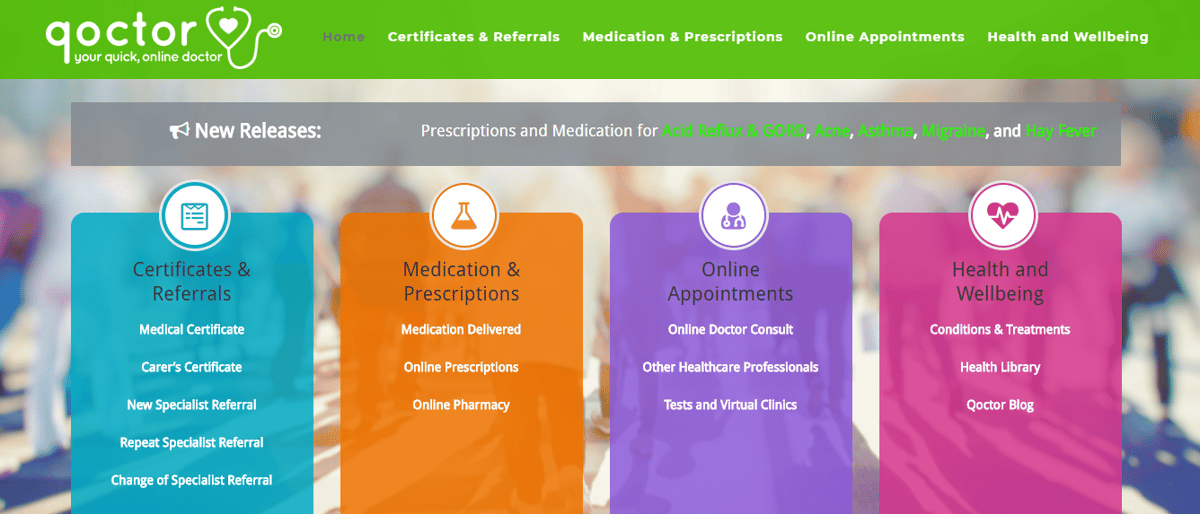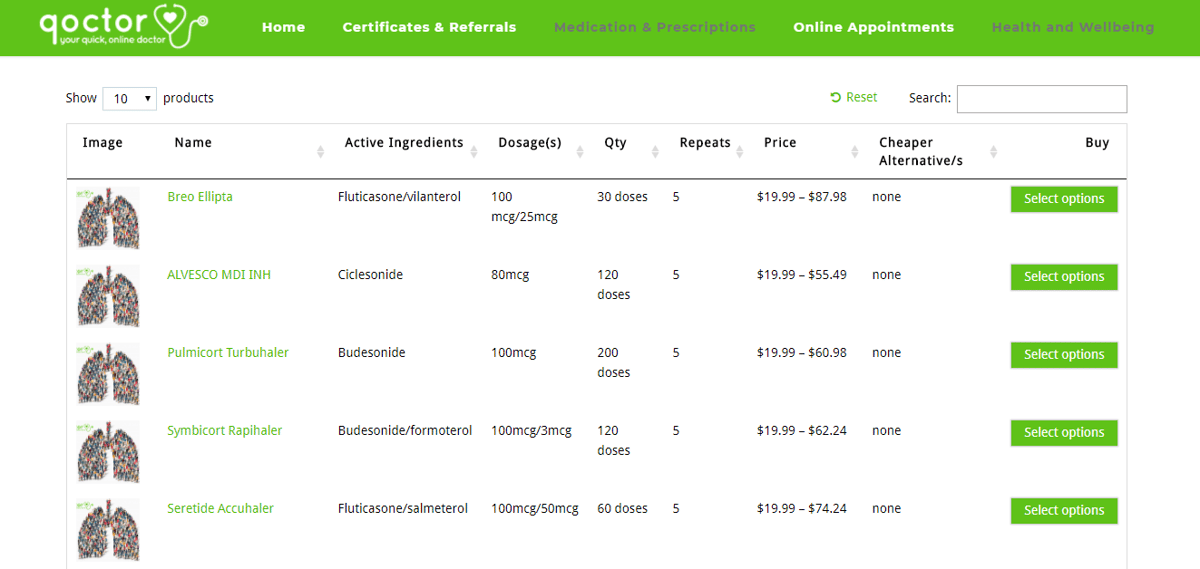How many times have you been at home sick, knowing why you’re sick, but dragging yourself out of bed and going to see a doctor anyway just to get a certificate for work?
Or at home with an unwell child you need to drag to a doctor’s surgery for a simple prescription?
If only there was a way for you to get your hands on that necessary proof without leaving your bed. In fact, what if there was a way you could get the prescriptions you regularly use (like the Pill) refilled, without needing to book a doctor’s appointment?
Well, there is. It’s called Qoctor (as in, quick, online doctor) and it provides medical certificates with just a few clicks and a Skype chat, plus prescription medication delivered to your door.
Sounds great, right?
Well, as Australian medical bodies point out, it may not be as great as it seems. There are some very real implications to consider about online doctor and prescription services.
So is Qoctor the answer time-poor consumers in an increasingly busy world have been looking for, or a potential threat to patient’s safety? We wanted to find out.
How does Qoctor work?
Qoctor CEO Aifric Boylan told Mamamia the service, which was originally called Dr Sicknote, began as an idea to provide patients with an option to get some of the simple things they needed, online, without having to visit a clinic or doctor’s office.
“We started off with medical certificates, but we quickly realised that there’s a whole range of simple medical issues that patients are often required to see the doctor for, when often they don’t need a face-to-face consultation,” Dr Boylan says.



Top Comments
Getting the contraceptive pill over the counter would be different to just ordering it online. At least in an over the counter situation, a pharmacist would be available to go through any medication related issues/queries where as with this service it’s literallg just asking a few questions. Sick notes are one thing. Prescriptions are another.